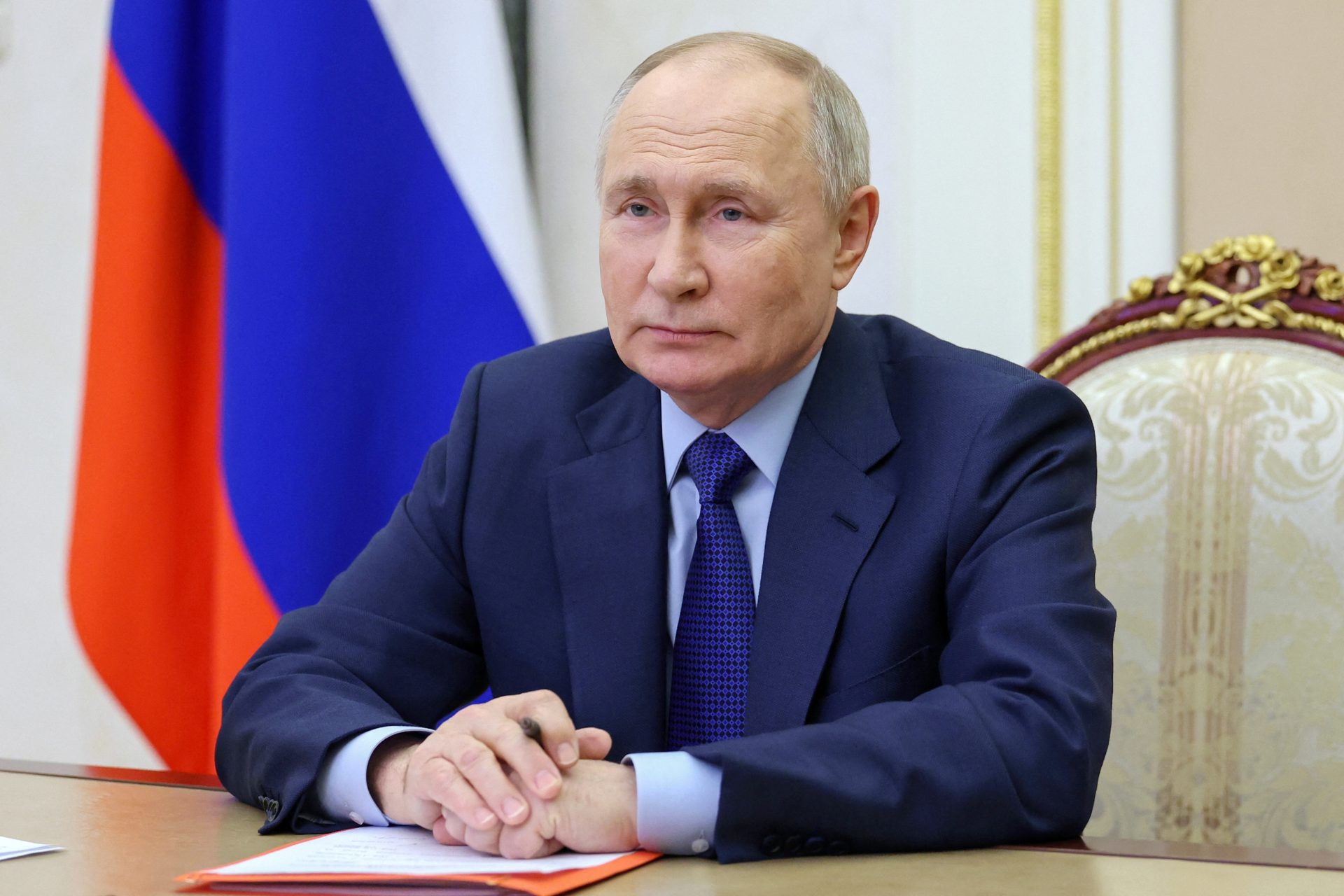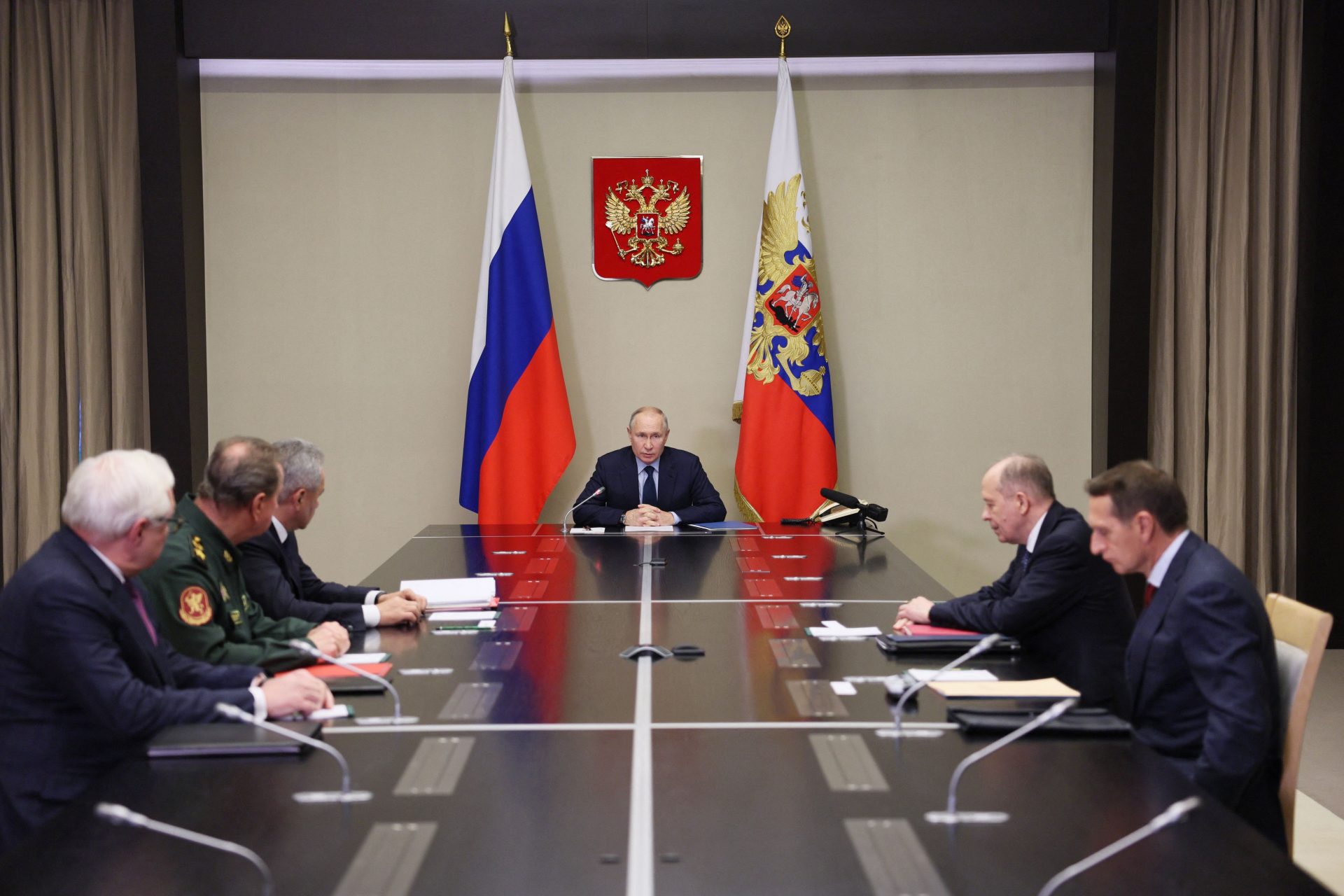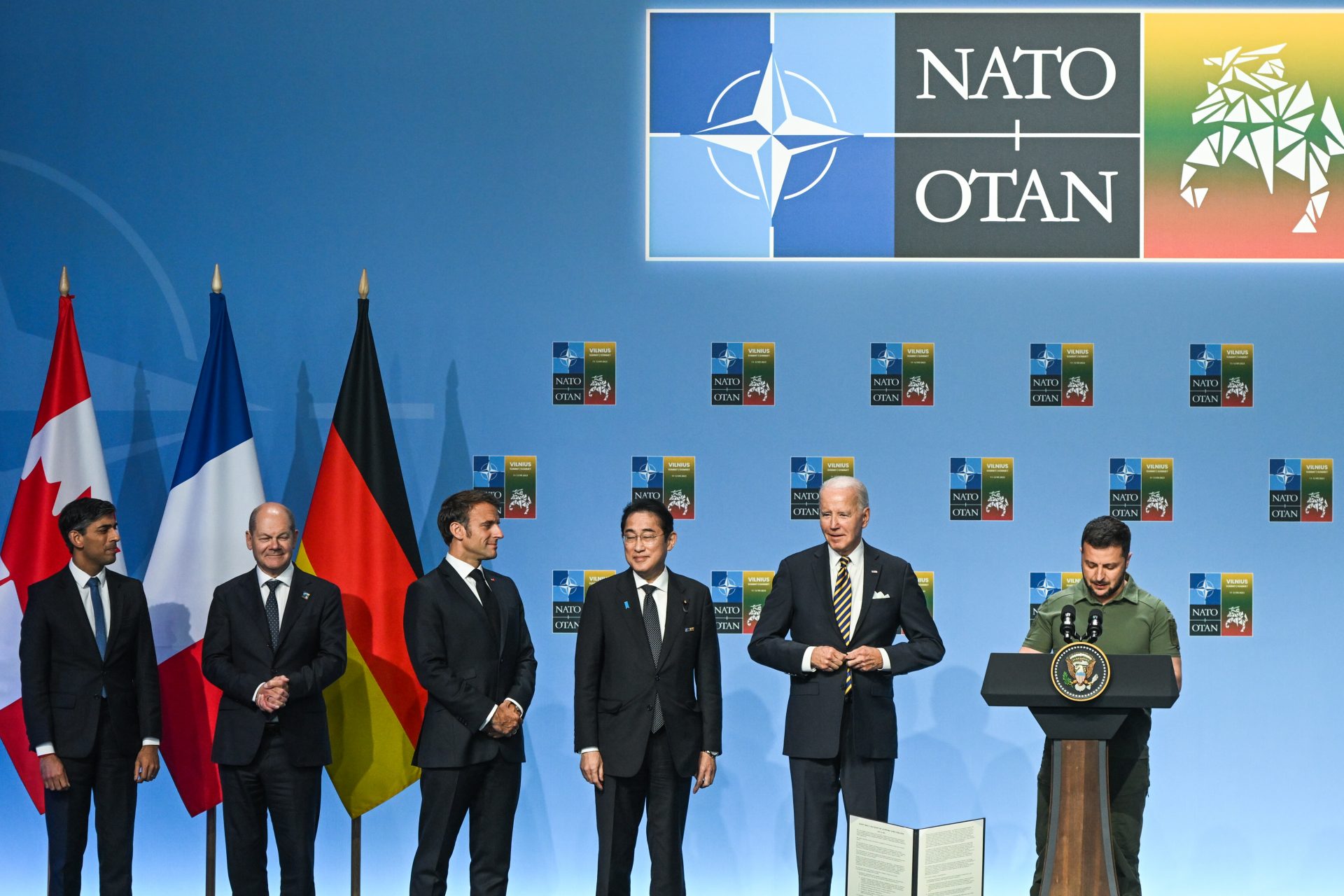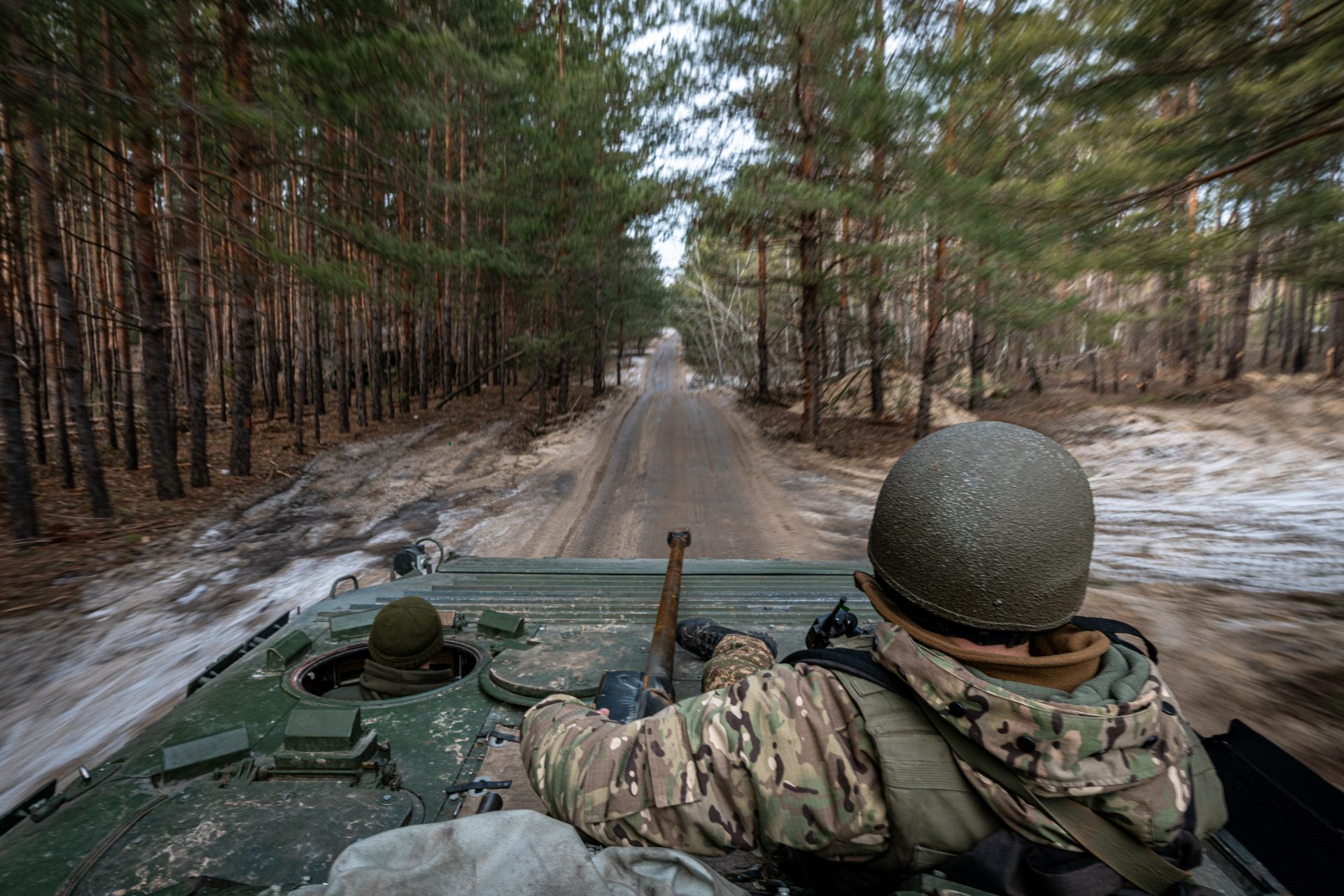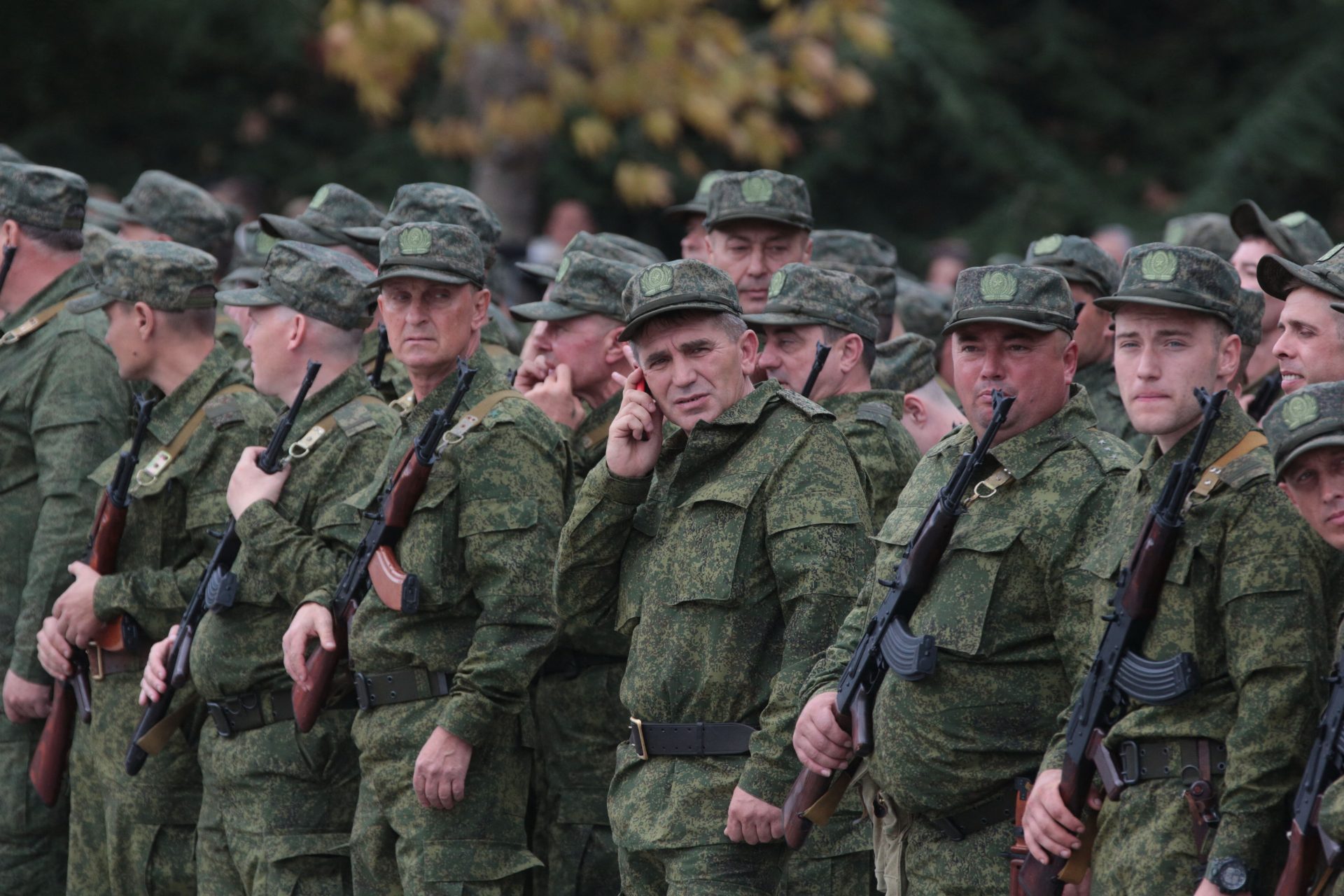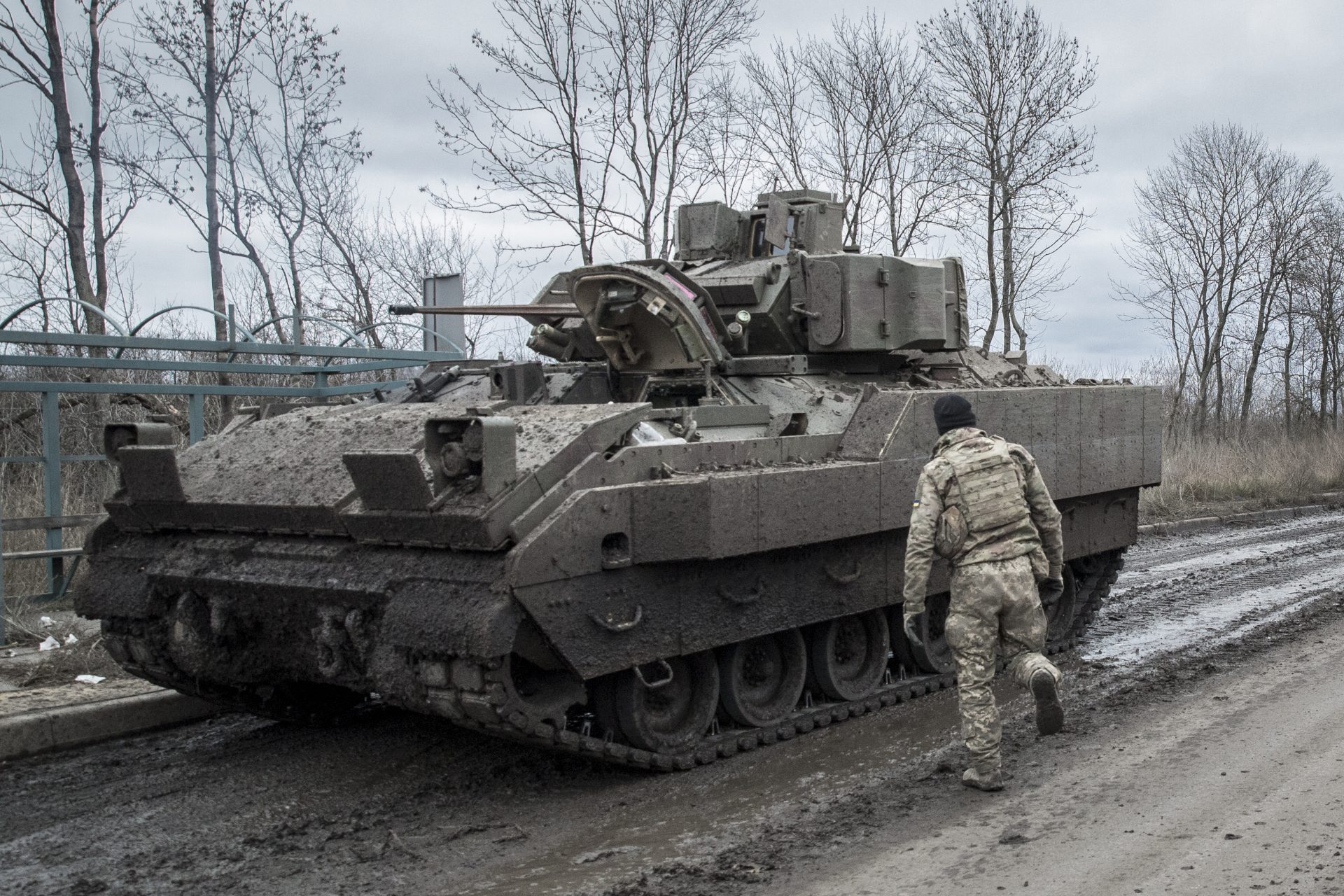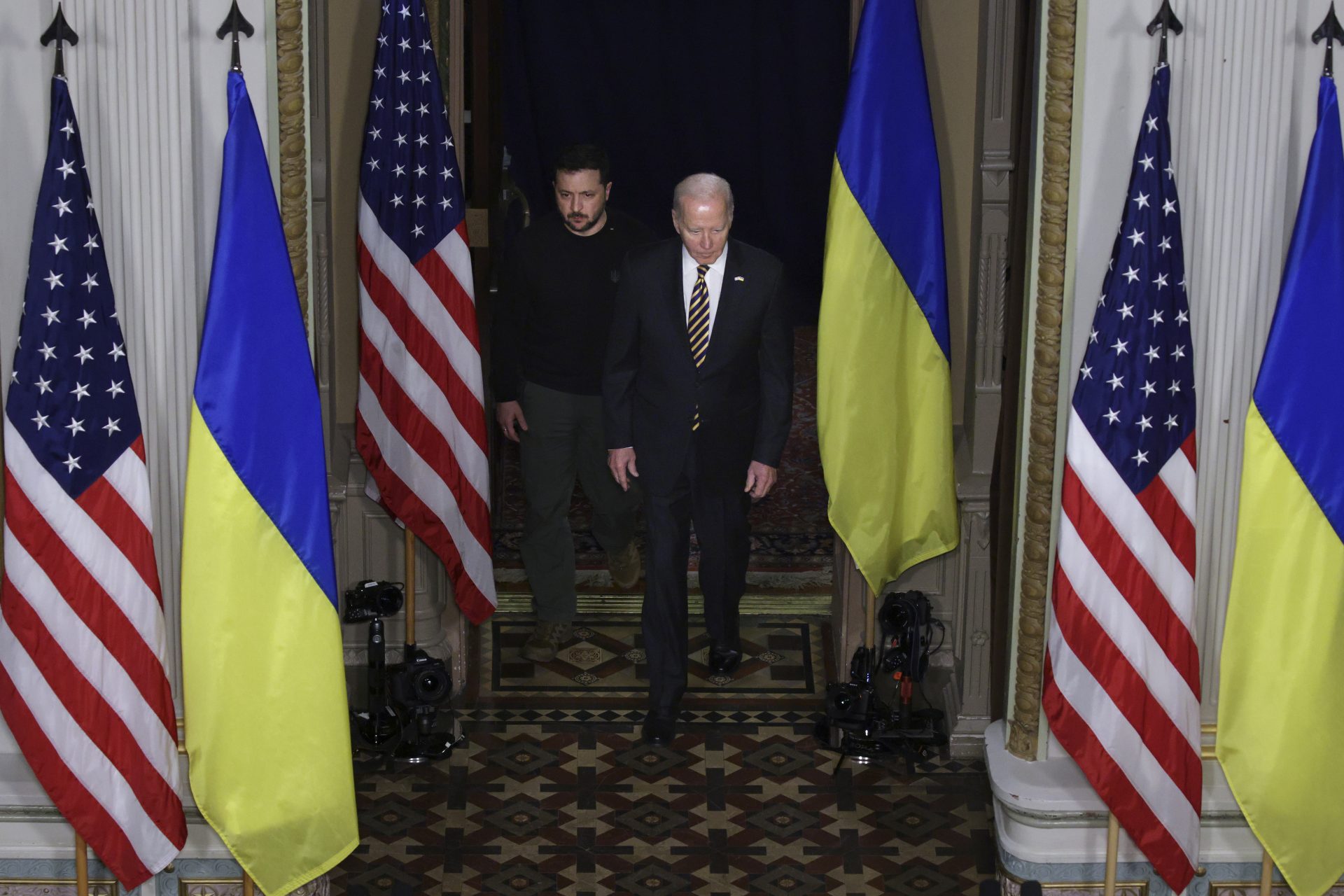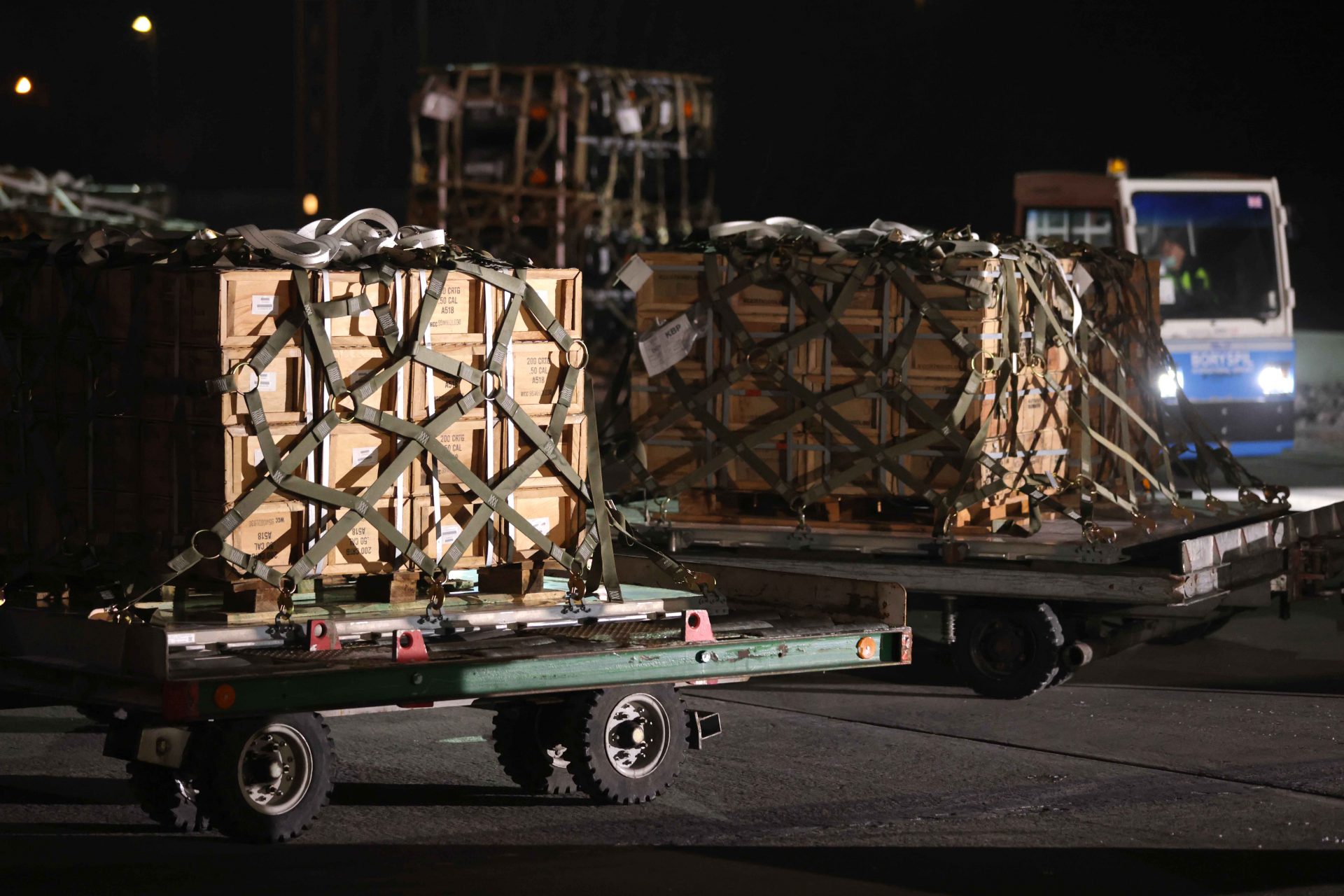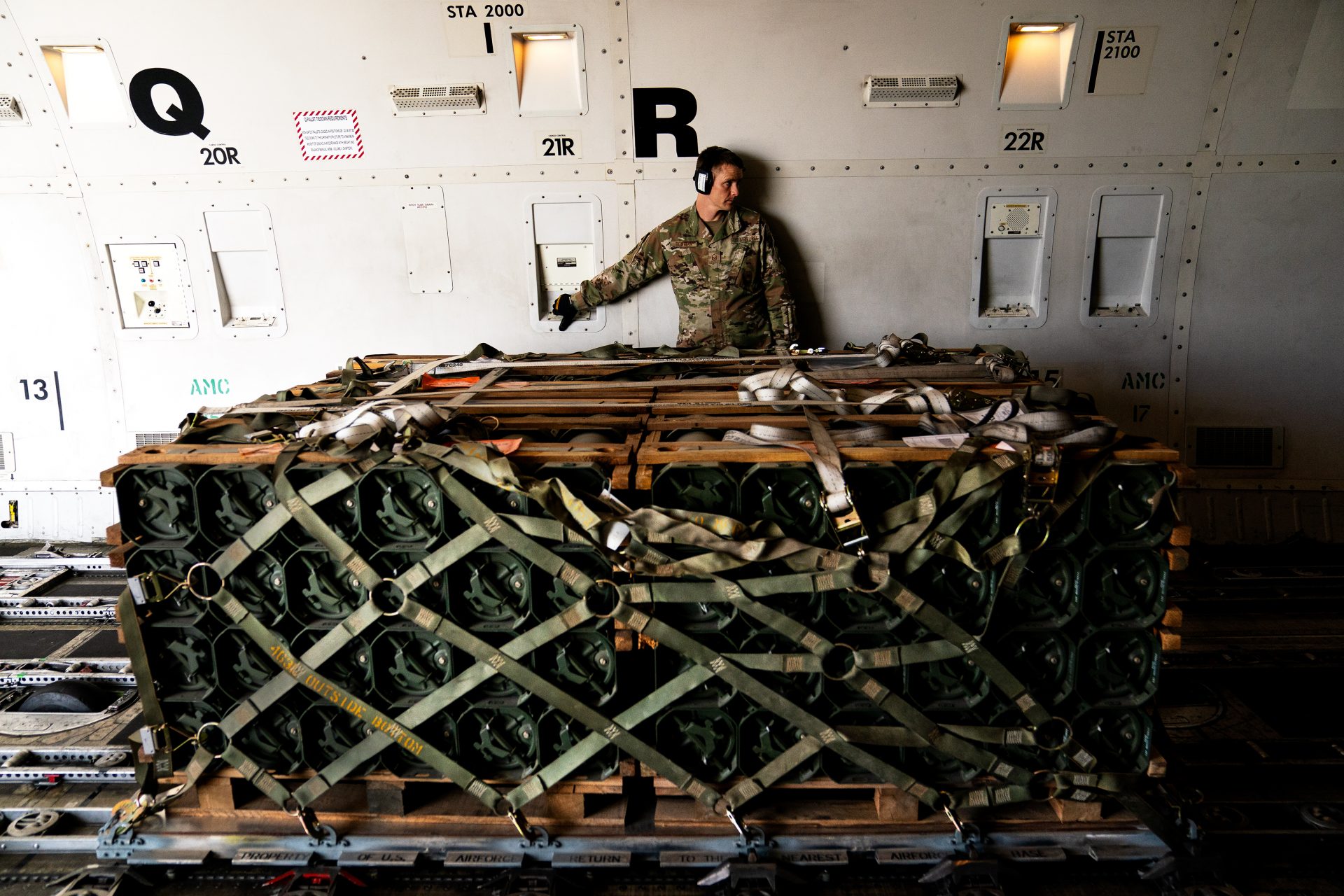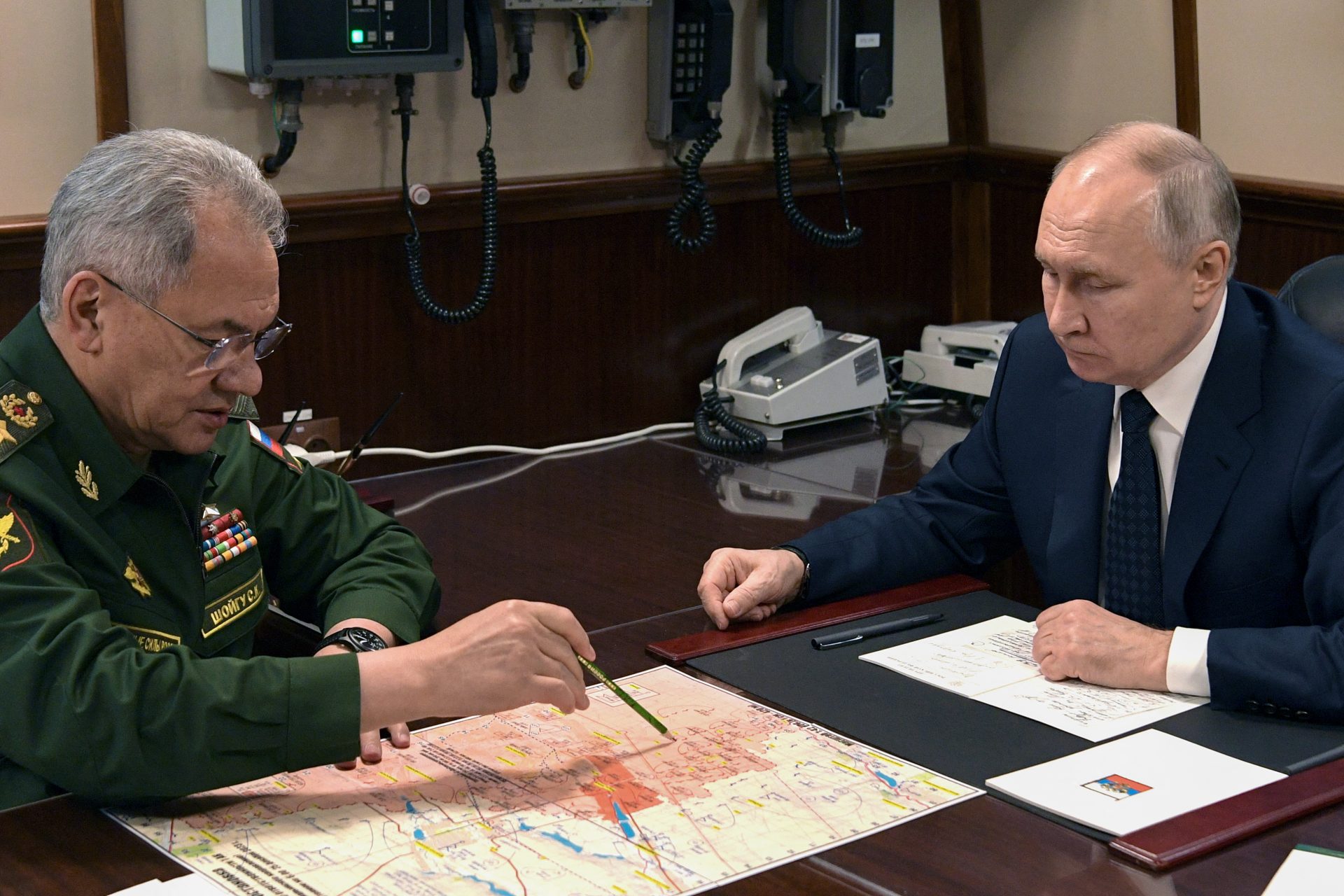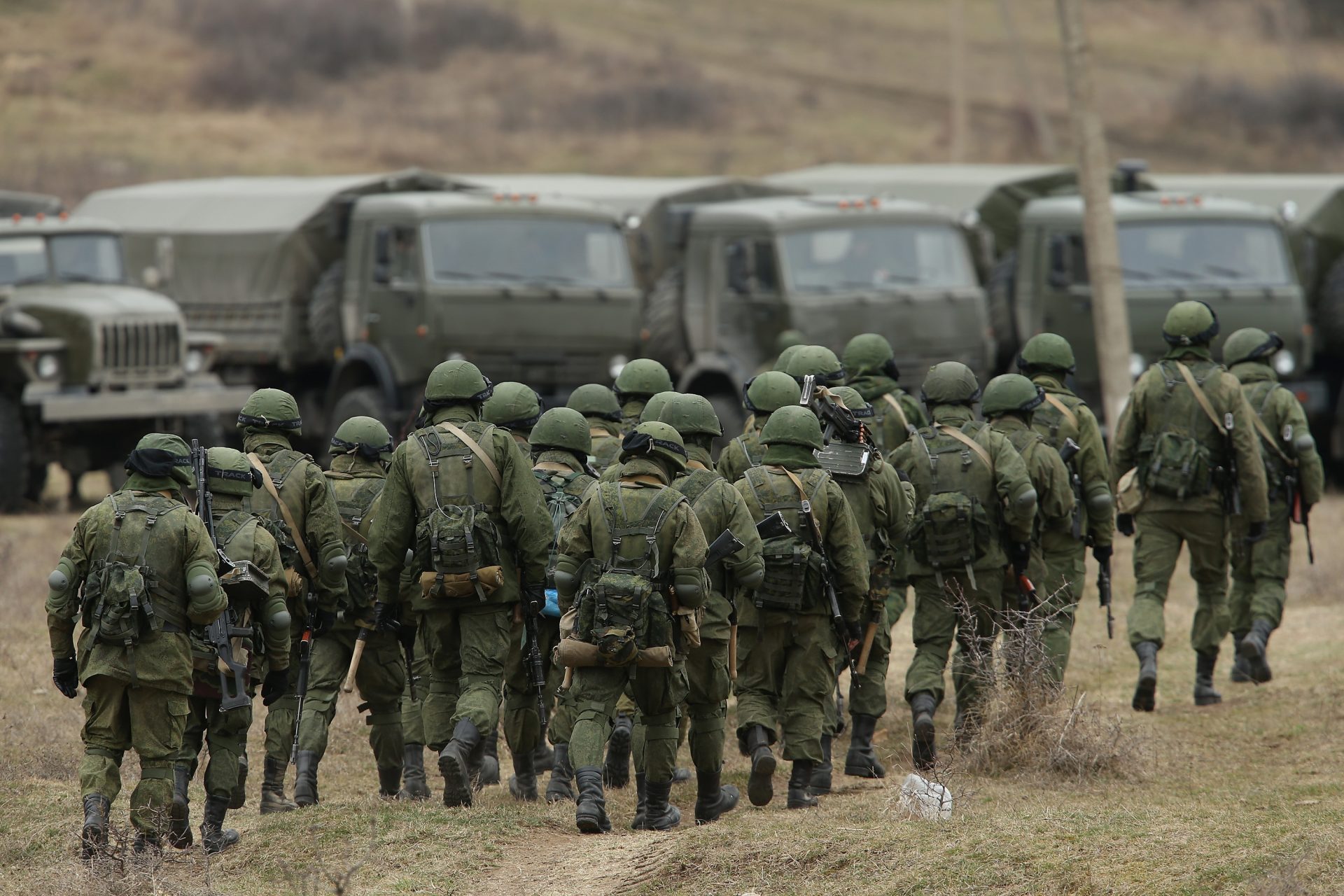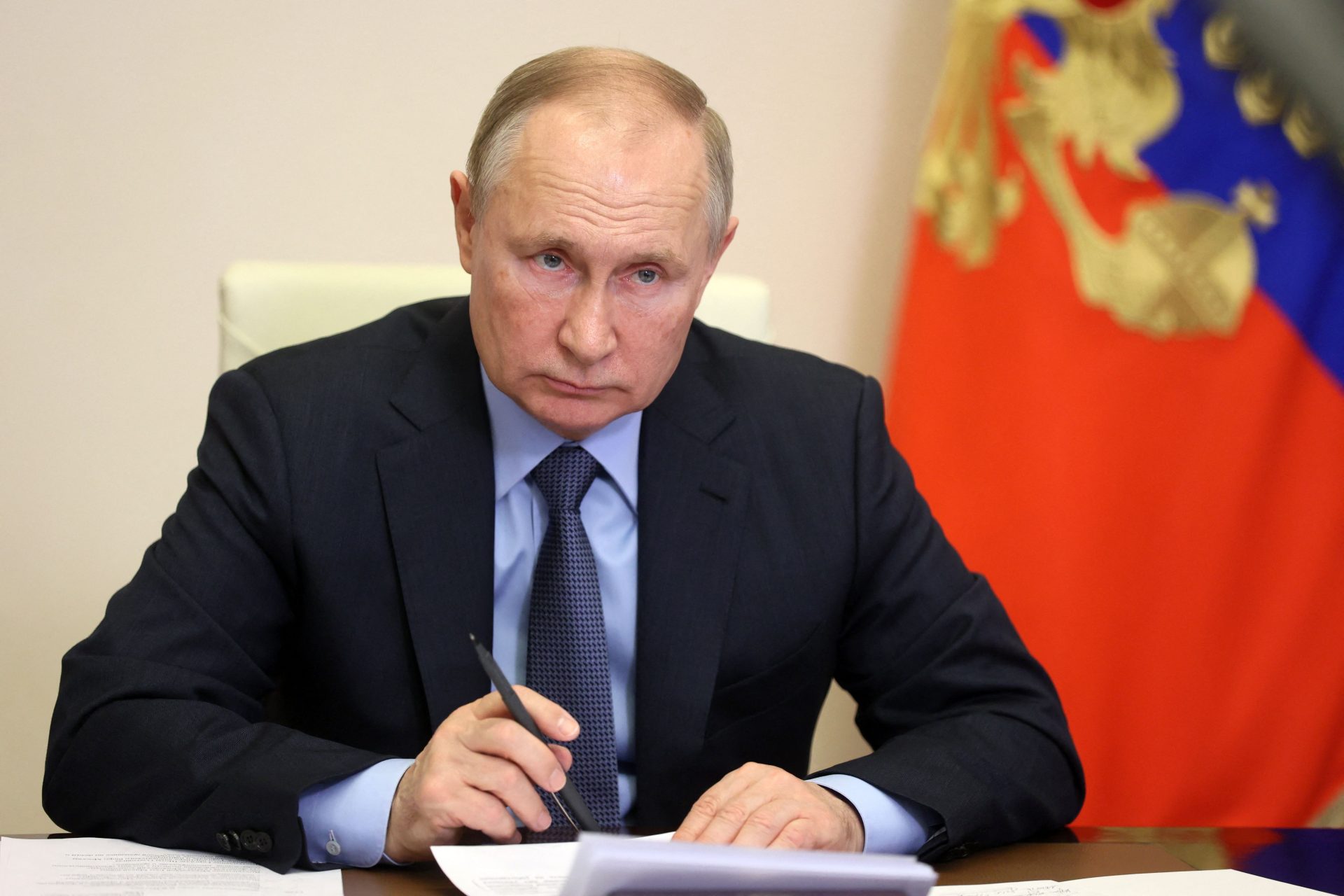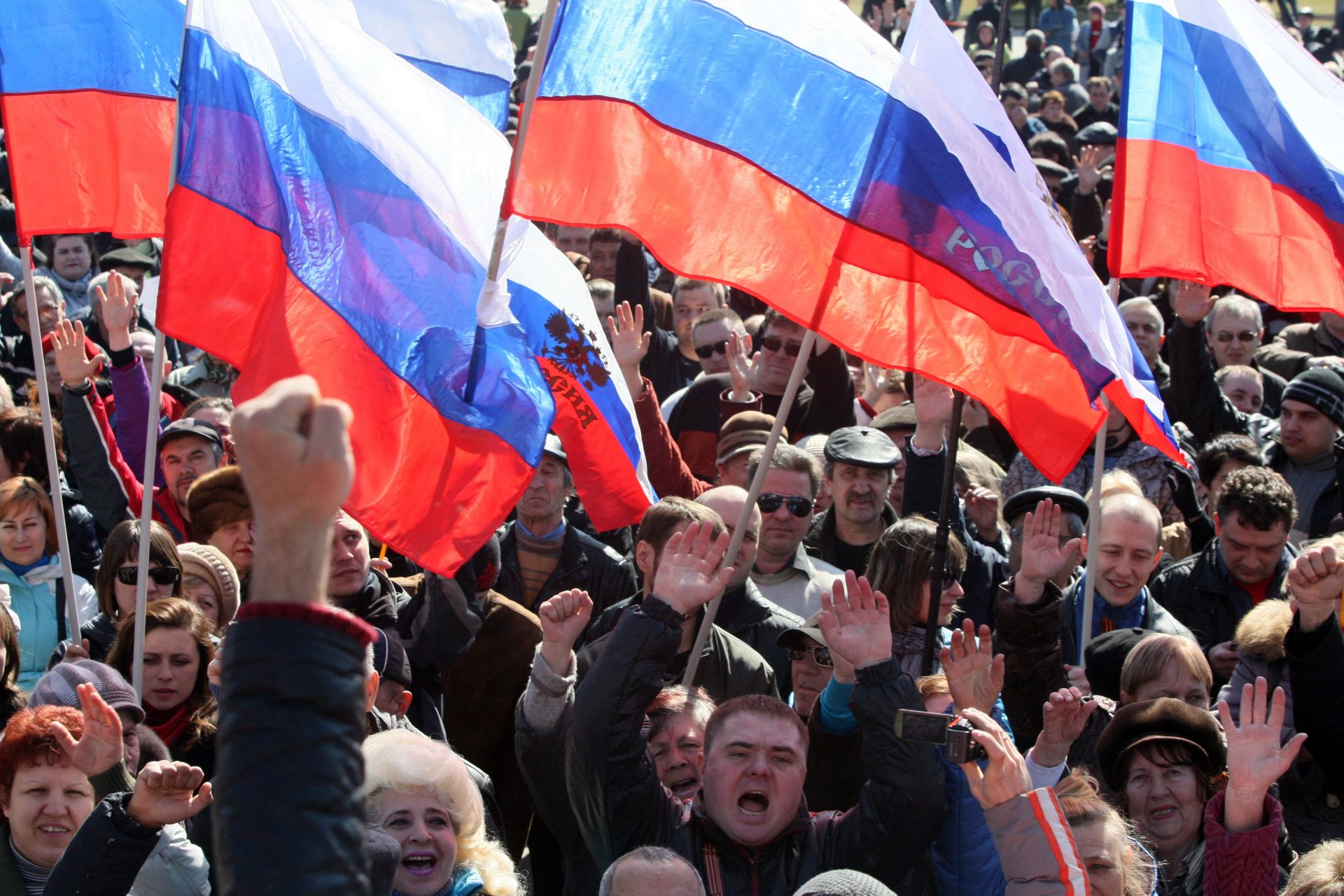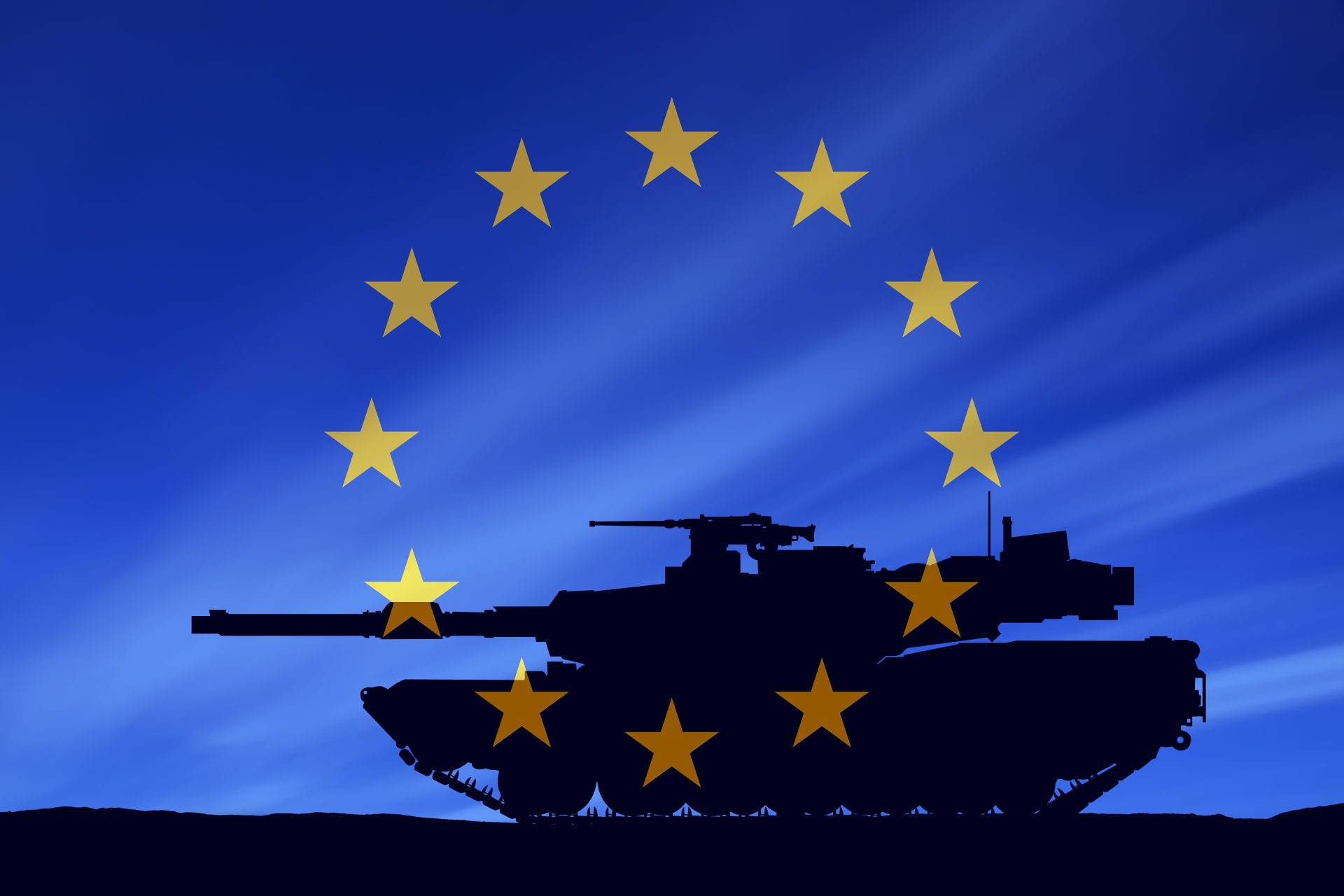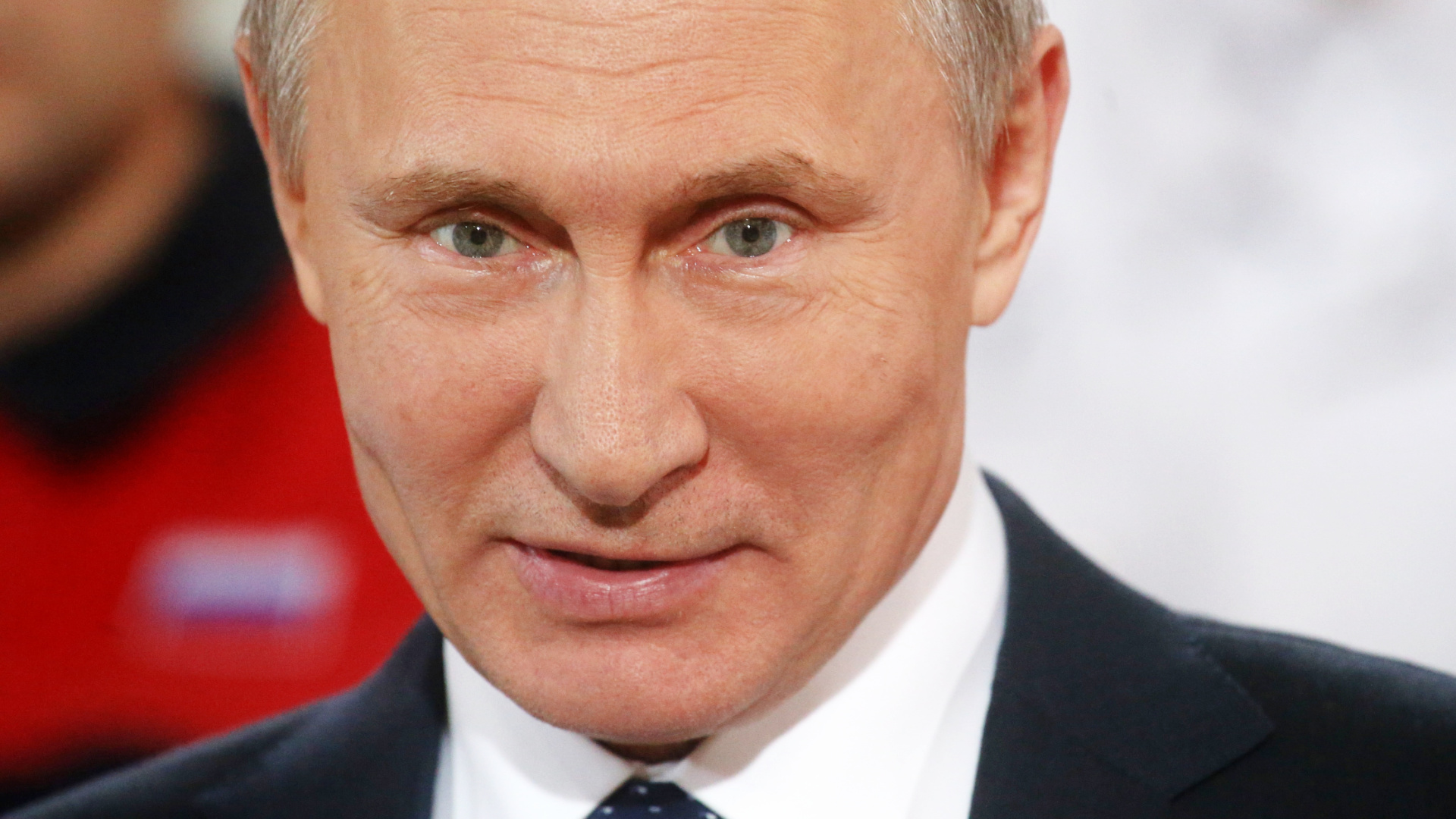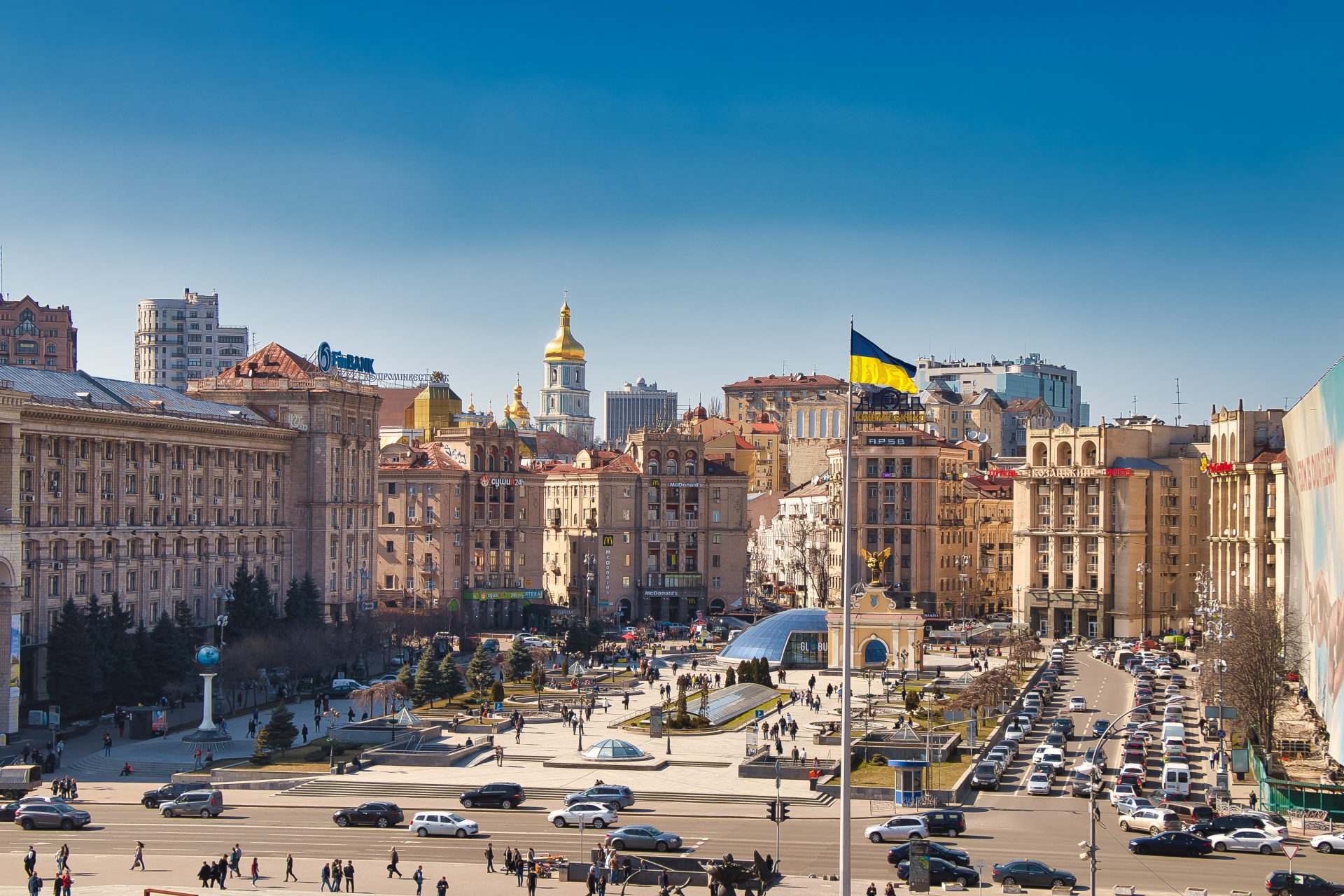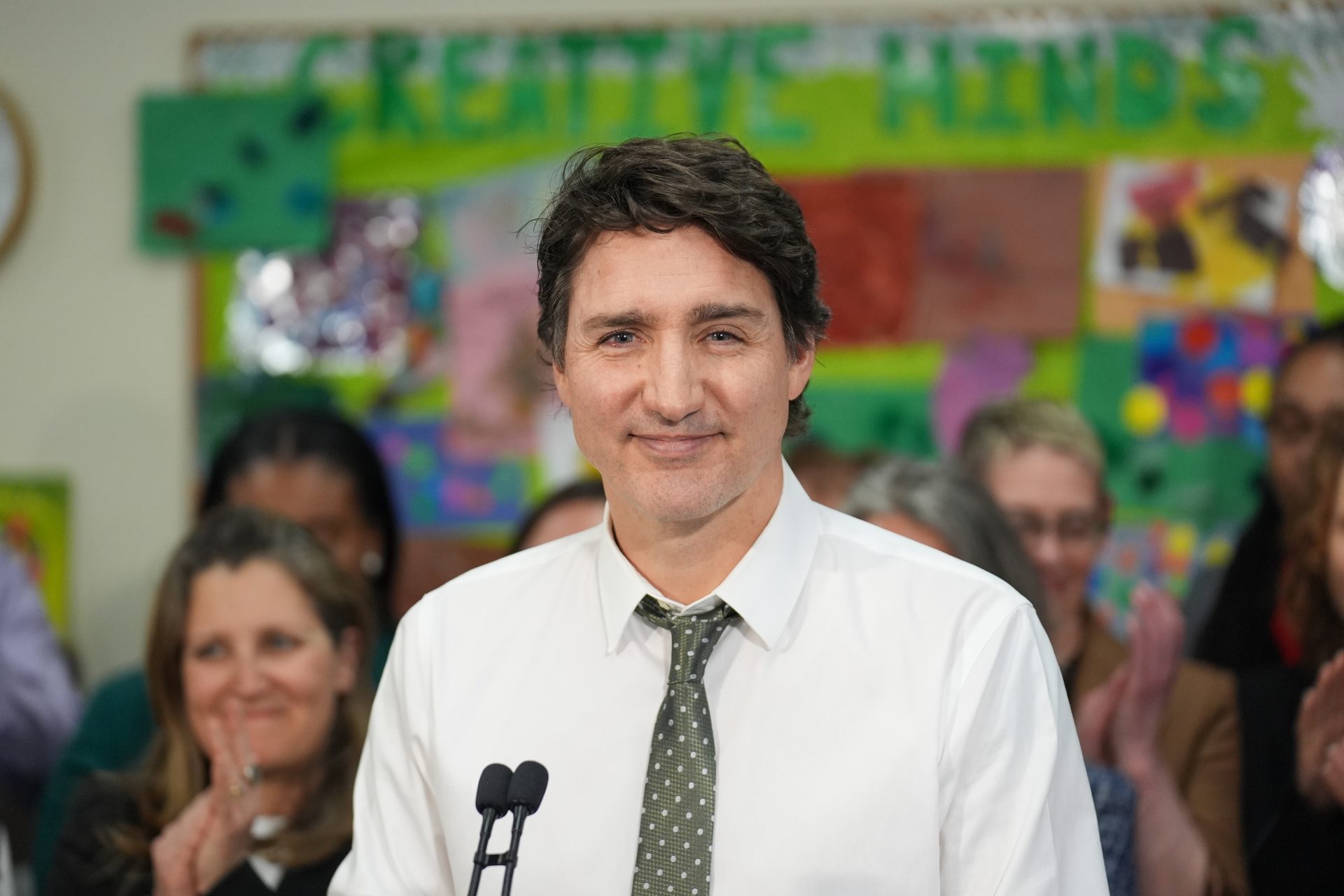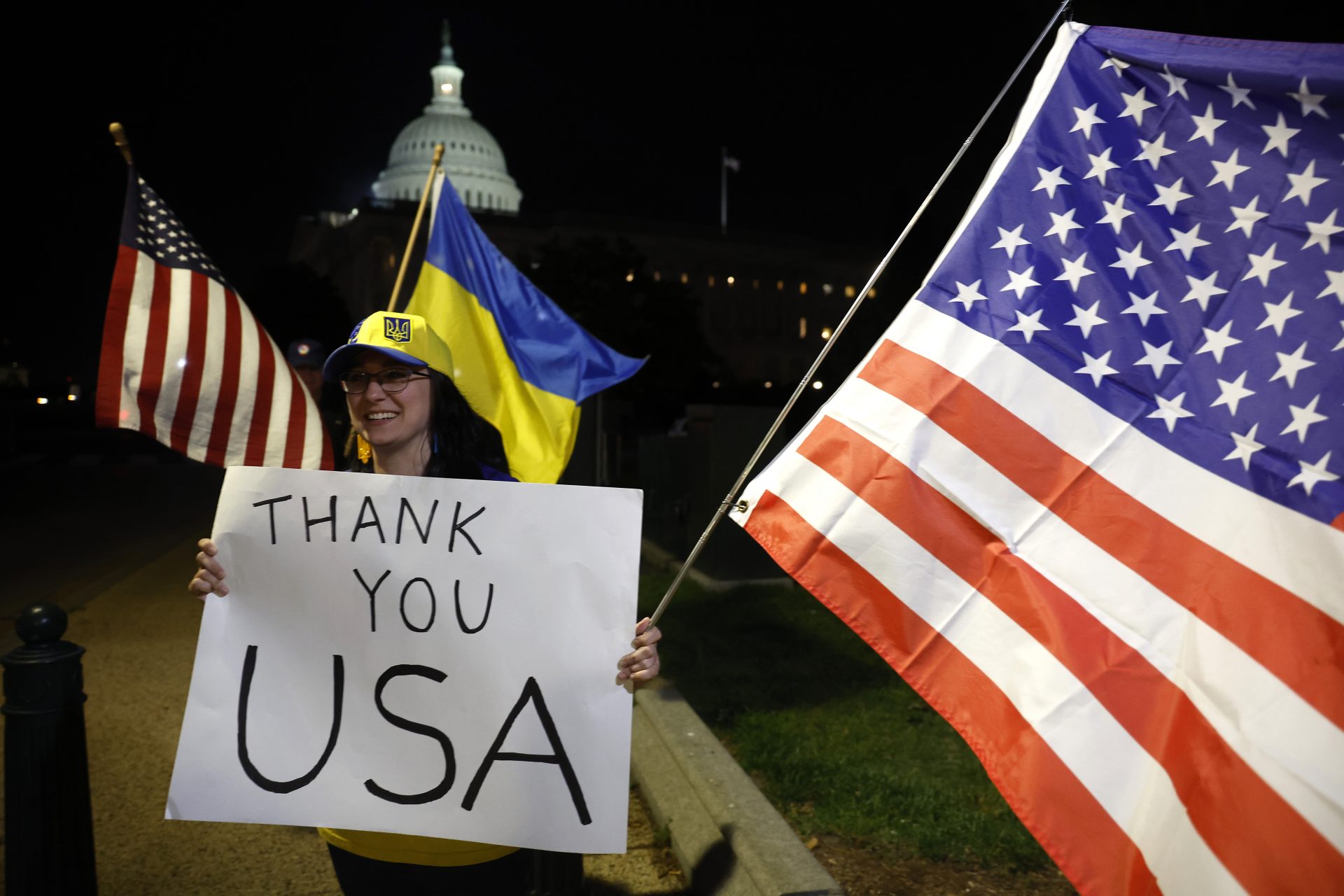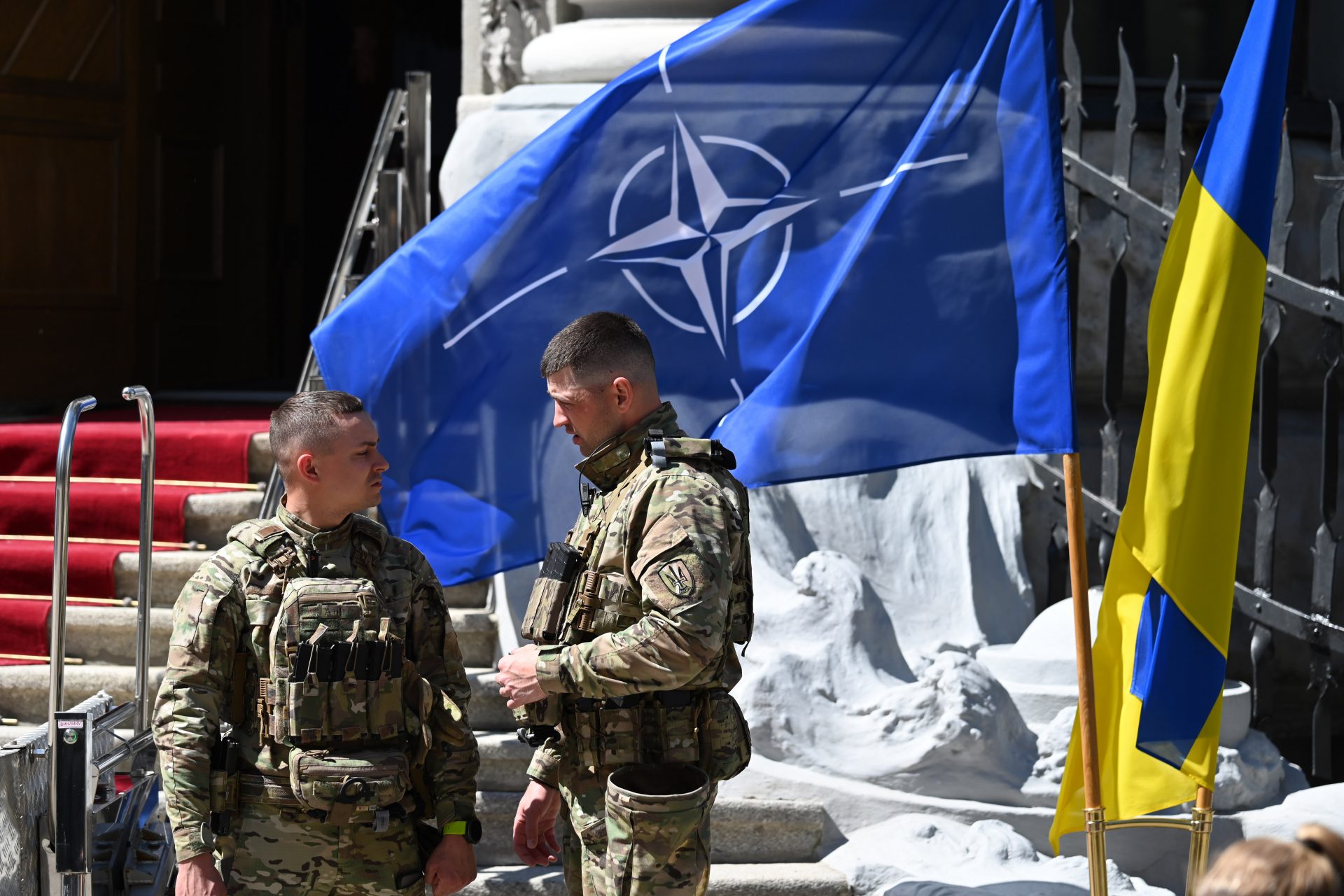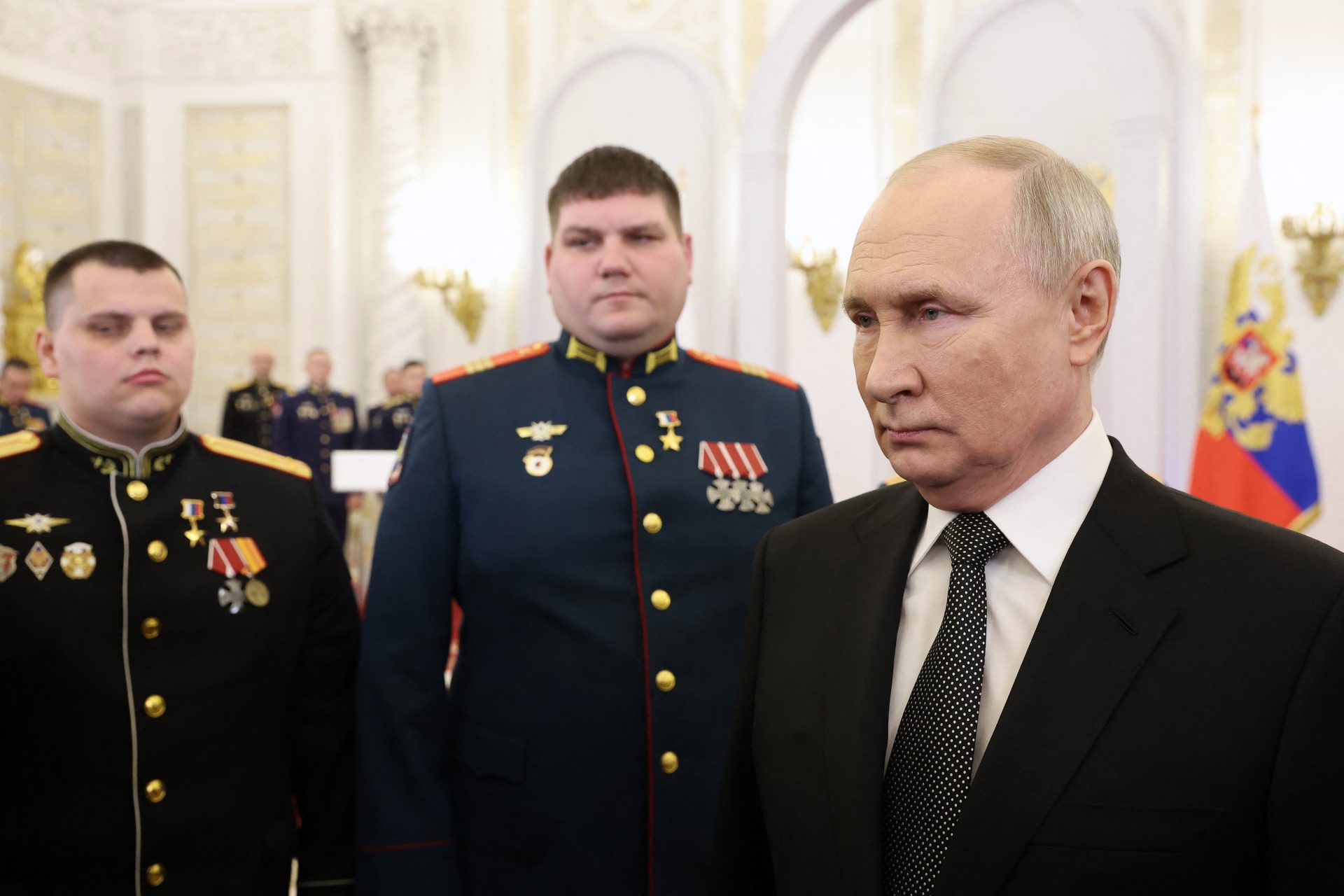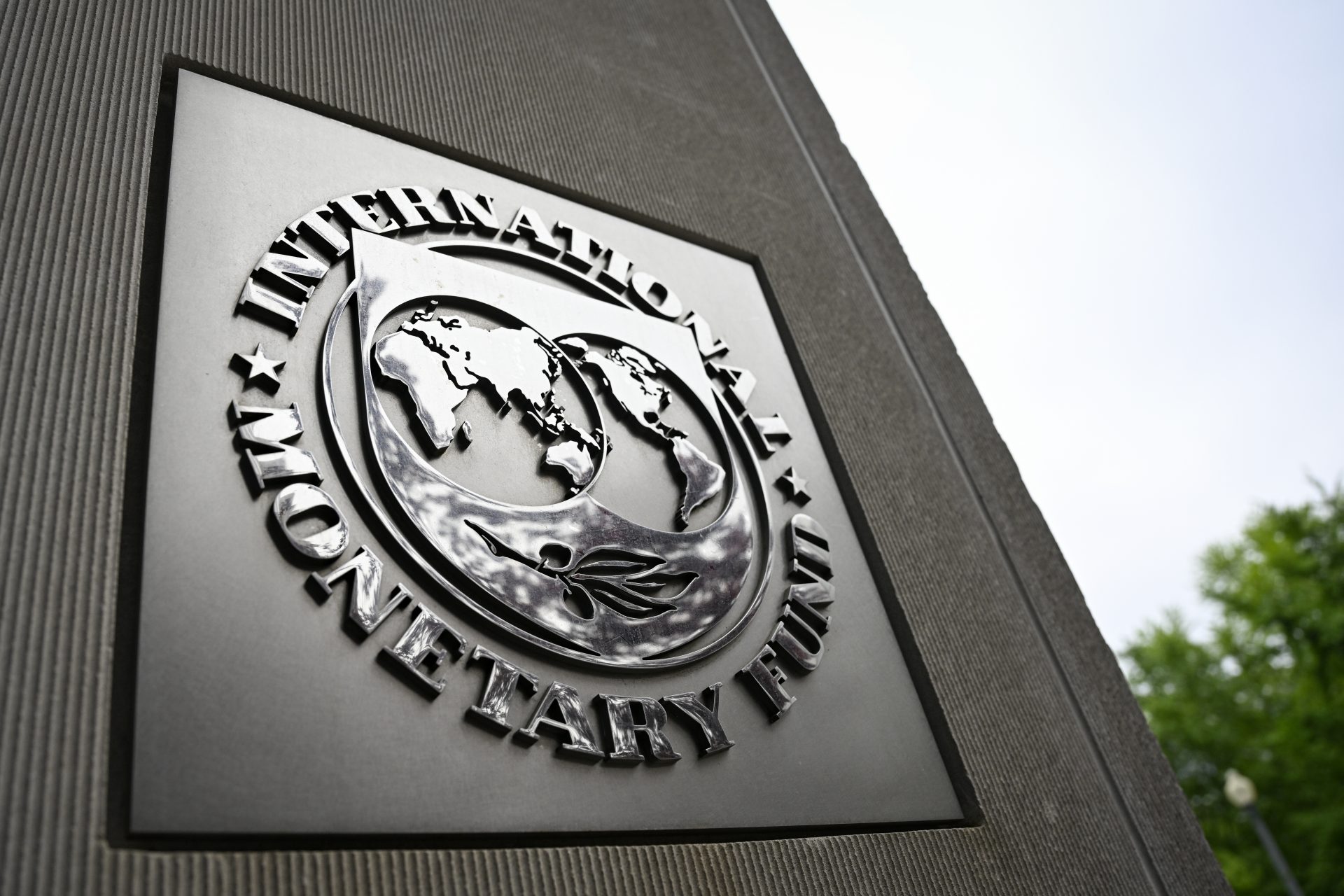Experts outline Russia’s strategic objective and goals in 2024
Vladimir Putin ordered the full-scale invasion of Ukraine hoping that he would be able to quickly subjugate the entire country. That plan didn’t work out, but Moscow’s endgame has not changed according to experts from the Royal United Services Institute.
Dr. Jack Watling and Nick Reynolds argued in a recent article on the conflict in Ukraine for the Royal United Services Institute that Moscow’s goal to subjugate Ukraine was still unchanged in 2024, except for the fact that Russia now believed victory was possible after its defeats in 2022.
Evidence underlining the theory that Moscow believes it is winning the conflict can be found in recent surrender terms Watling and Reynolds noted had been passed on by the Kremlin and its intermediaries. Russia’s surrender terms for Kyiv concede little and ask for a lot.
Ukraine would need to cede all of the territory already taken during the invasion, as well as some land in Kharkiv. Other versions of the surrender terms include territory near Odessa being ceded. But those are just the worst of the Kremlin’s territorial terms.
Kyiv would also have to agree that Ukraine wouldn’t join and the country’s head of state would also need to be approved by Moscow. The only concession Moscow is willing to make in the alleged terms is that Ukraine would be allowed to join the European Union.
In order to achieve its overall strategic objective of Ukraine's total subjugation, Moscow will try to cripple the country’s war effort along three fronts. First, Russia will continue to apply pressure along the entire front to drain Ukraine’s munitions and troop reserves.
Watling and Reynolds noted that the Russian Operational Group Forces in Ukraine had roughly 470,000 soldiers in the occupied territories. Russia still has a significant amount of military equipment it can draw on, and it's only limited by ammunition issues.
The Russian Armed Forces are still likely to retain “force quality” problems; it will still be “able to maintain a steady tempo of attacks throughout 2024,” according to Watling and Reynolds. This could become a major problem for the Ukrainian Armed Forces.
Russia’s second major objective will see Moscow work to break the resolve of Ukraine's international partners to halt military aid to the country. Not only will this weaken Ukraine but it will help pressure the frontlines, and if successful, lead to more tactical defeats for Kyiv.
“Once military aid has been significantly limited such that Ukrainian munition stocks become depleted, Russia intends to initiate further offensive operations to make significant – if slow – gains on the battlefield,” Watling and Reynolds explained.
“These gains are then intended to be used as leverage against Kyiv to force capitulation on Russian terms. The planning horizon for the implementation of these objectives is that victory should be achieved by 2026,” Watling and Reynolds added.
However, Russian victory isn’t assured and what happens to Ukraine will come down to how its allies proceed in the next year. If the United States, Europe, and Ukraine's other international partners can provide enough ammo and training, Russia can be blunted in 2024.
If Moscow is blunted over the next twelve months, Watling and Reynolds believe that it is unlikely Russia will be able to make any significant progress in 2025. From that point onward, it is also unlikely that Russia will be able to force Ukraine to capitulate by 2026.
After 2026, attritional warfare would degrade Russian combat power, and its prospects over time, leading to the country's decline. This could provide Ukraine with an opportunity to eventually outmatch Russia in the future, though Watling and Reynolds' analysis shows the war is far from over.
Watling and Reynolds also pointed out that it's important to understand Russia’s goals in the war may change and expand with any future successes, a problem they wrote could lead Moscow to occupy the entirety of Ukraine or use force against its neighbors.
“There is no assurance that even if Russia got what it wanted out of negotiations it would not subsequently endeavor to physically occupy the rest of Ukraine or be emboldened to use force elsewhere,” Watling and Reynolds explained.
More for you
Top Stories



